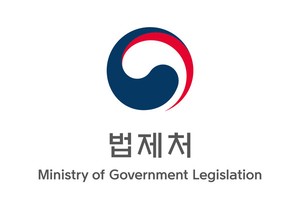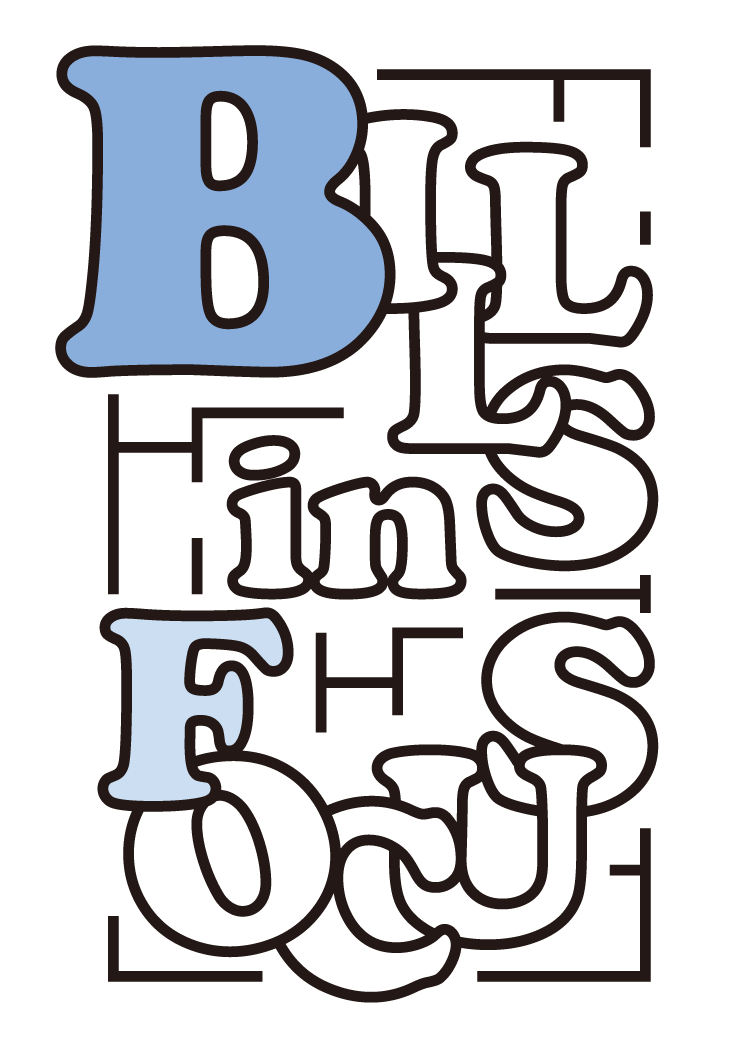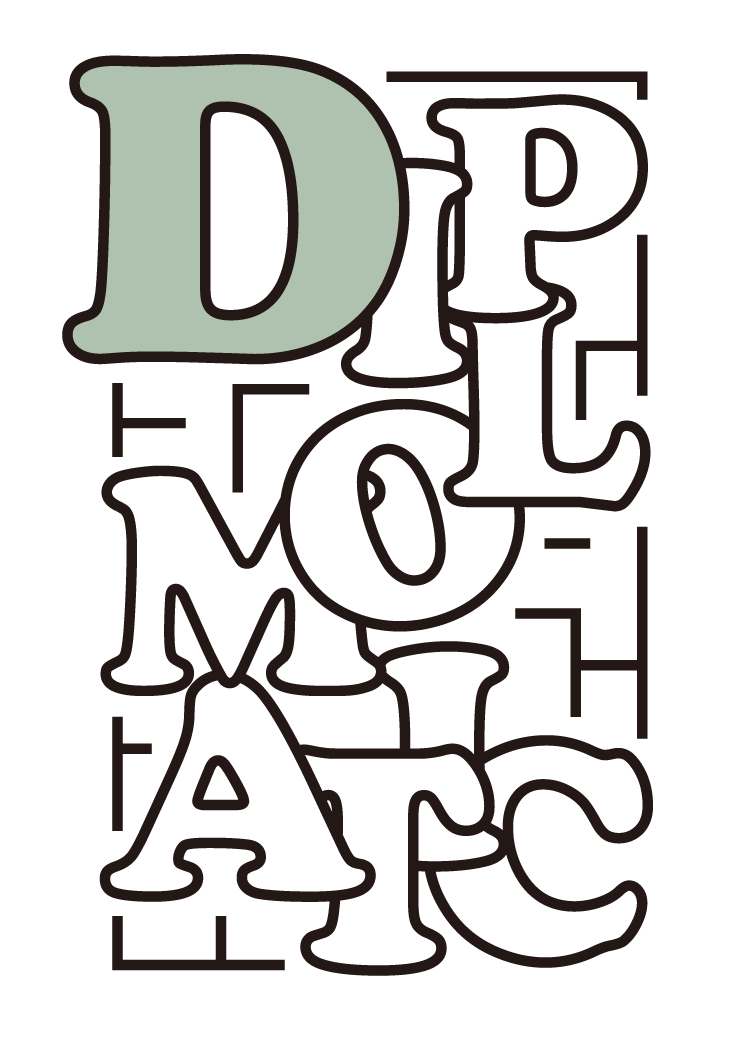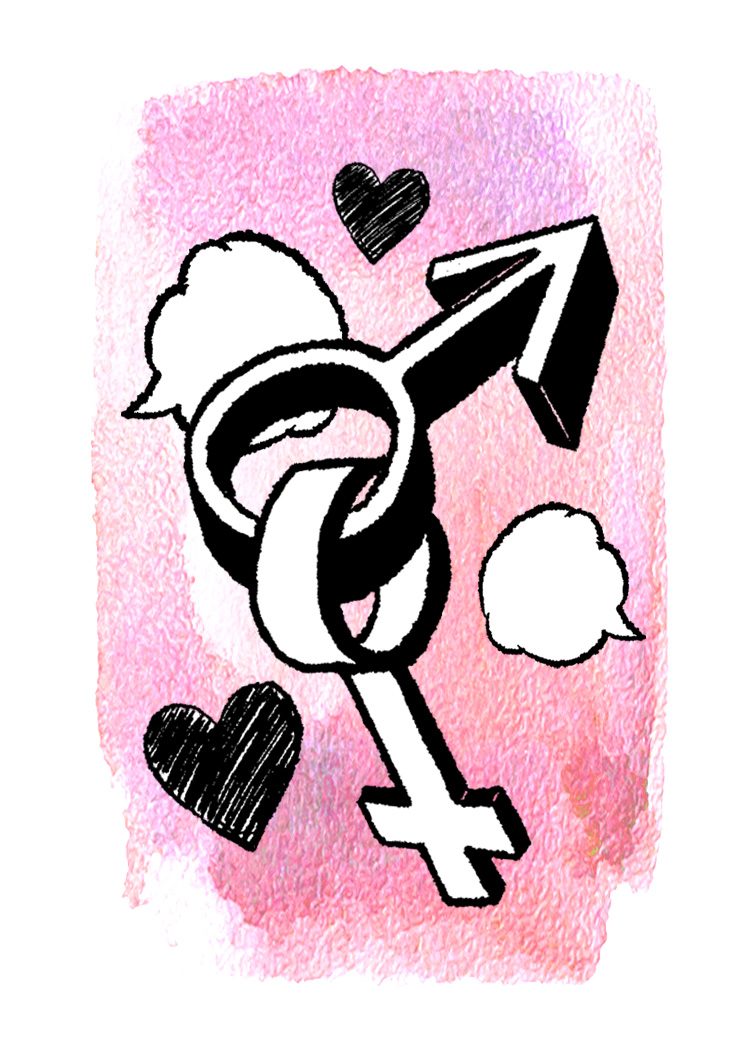
● Updated law: Act on Enforcing and Supporting Child Support Payment
What it does: Allows the government to pay the custodial parent in advance to help cover the costs of raising a child
Took effect: July 1
On July 1, a new system for child support payments was launched under a revision to the related law.
The state-run Korean Child Support Agency is now able to pay a sum of child support to the custodial parent in advance and later collect the money from the noncustodial parent.
If the noncustodial parent fails to repay the money to the KCSA, the agency may, with the approval of the minister of gender equality and family, collect the payment in the same manner as national taxation.
Once advance payments are doled out, the minister will have access to the noncustodial parent’s financial, credit and insurance data without consent required to improve the recovery rate of the payments.
Additionally, to prevent noncustodial parents from hiding assets, the scope of investigations will now include virtual assets.
Noncustodial parents now have 10 days to file an explanation with the government as to why they defaulted on child support payments before being publicly listed as a defaulter. The grace period was previously three months.
Protecting borrowers from loan sharks
● Updated law: Act on Registration of Credit Business and Protection of Finance Users
What it does: Legally defines unregistered loan lenders as illegal businesses
Took effect: July 22
Starting July 22, the legal terms "unregistered lender" and "unregistered loan broker" will be replaced with "illegal money lender" and "illegal loan broker." This change is aimed at more clearly defining the illegal nature of those who engage in money lending or loan brokerage business without registering or renewing their registration.
Additionally, loan contracts reviewed and considered illegal will be rendered completely void and unenforceable. This applies in cases where a loan contract includes clauses that violate human rights, such as sexual exploitation, human trafficking or physical assault, or where a lender charges excessively high interest rates.
Conditions for loan business registrations will also be tightened.
The minimum capital requirement for those aiming to register as lenders and loan brokers will be raised.
Lastly, penalties for loan sharks will be significantly toughened. The maximum penalty will be raised from five years imprisonment or a fine of 50 million won ($36,200) to 10 years imprisonment or a fine of 500 million won.
- In collaboration with the Ministry of Government Legislation, The Korea Herald publishes a monthly article on laws that have recently been updated in South Korea. The ministry’s Easy Law service (https://www.easylaw.go.kr/CSM/Main.laf) provides accessible summaries of Korean laws grouped by category in English and 11 other languages: Arabic, Bengali, Cambodian, Simplified Chinese, Indonesian, Japanese, Mongolian, Nepali, Thai, Uzbek and Vietnamese -- Ed.
mkjung@heraldcorp.com








